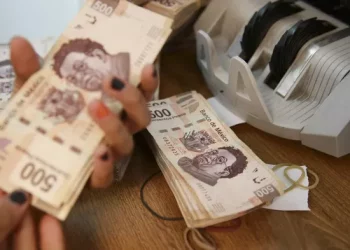The European Central Bank (ECB) may take additional measures if it determines that UniCredit has not sufficiently addressed its demands to reduce operations in Russia, according to an investor document published by the Italian bank.
UniCredit, Italy’s second-largest bank, announced on Wednesday that it would launch a €14 billion ($15 billion) tender offer for Banco BPM on April 28, after receiving approval from market regulator Consob. However, the bank also highlighted risks linked to its operations in Russia, where it owns a retail bank.
The bank revealed that a complete exit from its Russian unit could lead to a significant reduction in its 2024 profits, slashing them by more than half from €9.7 billion to €4.2 billion. Despite the potential loss of €5.5 billion in net assets from Russia, UniCredit stated that its core capital ratio, a crucial measure of financial strength, would only be impacted by a maximum of half a percentage point. This is partly because such a loss would free up capital.
UniCredit acknowledged that its presence in Russia exposes it to risks related to the ongoing Ukrainian crisis, a concern also recognized by the ECB. The central bank set deadlines last April for the Italian lender to accelerate its exit from Russia, a move that UniCredit has contested at the European Union’s General Court.
The bank also pointed out that complying with the ECB’s requests could potentially violate Russian laws or international sanctions. CEO Andrea Orcel reassured shareholders last week, stating that the bank was in compliance with ECB demands over its Russian business.
“UniCredit – in compliance with the ECB’s decision – is acting to reduce such risks,” the bank said in its investor document. “Should the ECB assess that UniCredit’s actions are not complying with its decision, the ECB could take additional supervisory measures.”
Orcel, who had initially considered acquiring another Russian bank amid escalating tensions over Ukraine in early 2022, has emphasized his desire to minimize costs for shareholders while scaling down UniCredit’s Russian operations.
The most significant challenge for the bank remains processing payments, as few non-Russian banks still operating in Russia are able to facilitate cross-border transactions. UniCredit noted that cross-border payments it processed with Russia rose by 8% in the fourth quarter, reaching €9.8 billion, largely due to one-off debt repayments from Western companies.
Related Topics:



























